SUMMARY
This is AI generated summarization, which may have errors. For context, always refer to the full article.
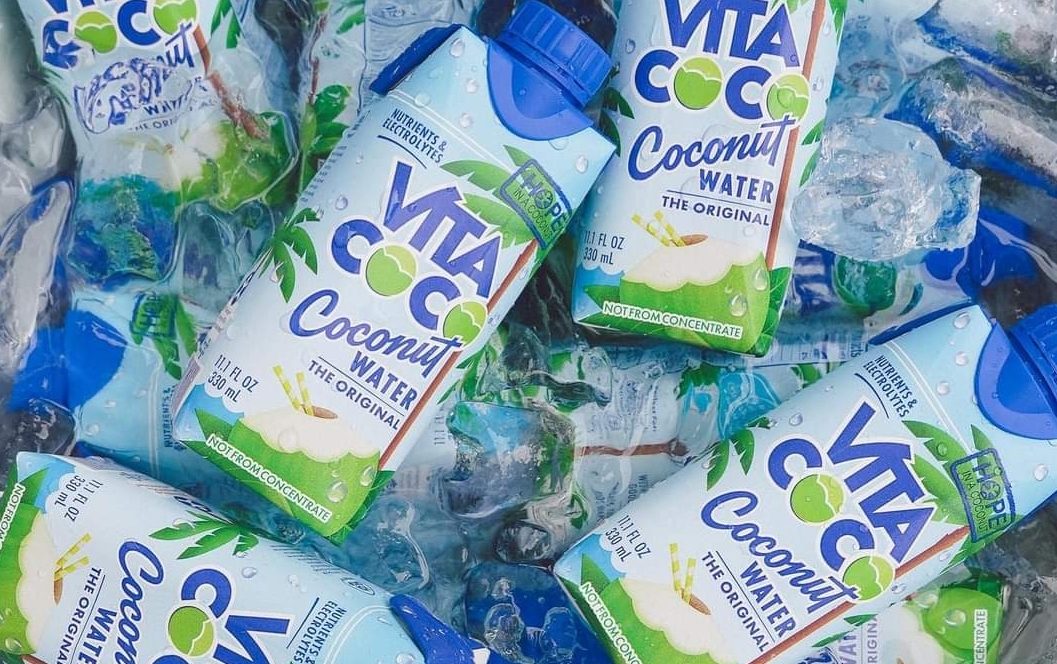
MANILA, Philippines – If any of your friends or relatives abroad have taken a sip of Vita Coco in the United States or in the United Kingdom, chances are the coconut water came from the Philippines.
Although Vita Coco Coconut Water is an American brand, it sources its coconut water from the Philippines and other countries in Southeast Asia.
On Monday, March 11, billionaire Po family-led Century Pacific Food disclosed that it has entered into a new long-term contract with The Vita Coco Company to help meet the US brand’s need for 90 million liters of coconut water over the next five years. (READ: Century Pacific founder Ricardo Po Sr. dies at 90)
Century Pacific first entered into a partnership with Vita Coco in 2012 or over a decade ago, and has supplied it with its coconut water requirements.
As millions of consumers worldwide shift to healthier drinks, demand for coconut water has gone up, with both companies seeing a “significant increase in sales over the last decade.”
Century Pacific said it has since become “one of the largest suppliers of Vita Coco, augmenting its capacity by 50% in 2022, to serve the brand’s growing needs.”
It said the new agreement with Vita Coco will require a capital expenditure of $40 million, and is expected to create at least 1,500 jobs in manufacturing.
It added that its previous agreement with Vita Coco was signed in 2020 and set for renewal in 2025. This new accord, Century Pacific said, is “incremental to the existing agreement.”
“The expansion of the multi-year agreement with Vita Coco conveys our mutual trust and respect for each other as business partners, a relationship built through consistency, collaboration, and excellence,” said Noel Tempongko Jr., vice president of Century Pacific’s Coconut OEM business. An OEM or Original Equipment Manufacturer business produces parts that another company needs.
Tempongko said the new agreement will further support the growth of the local coconut industry in the region.
Jonathan Burth, chief operating officer of Vita Coco, said they “look forward to further solidifying our long-term partnership with Century Pacific.”
“Our mutual ambition to serve consumers better with healthier products has taken us to new heights in innovation and quality. This agreement also creates an avenue by which we collaborate to make a positive impact on society and help build thriving communities among smallholder farmers in the Philippines,” Burth said.
Century Pacific is now one of the Philippines’ biggest branded food companies. Its leading business is its tuna enterprise with its brands Century Tuna, 555, and sardines, especially after acquiring the Ligo brand in 2021. It is also in the meat business, producing canned goods such as Argentina Corned Beef and Meat Loaf. In 2001, it expanded into the canned milk market with its Angel and Birch Tree brands.
Second largest coconut producer
The Philippines is the second largest producer of coconuts in the world, and has around 2.5 million coconut farmers, many of them in Mindanao.
Century Pacific said it works with local smallholder farmers, such as in General Santos City and in Sarangani province in central Mindanao, and creates market access for their products.

Other Vita Coco suppliers in Southeast Asia are Malaysia, Indonesia, and Thailand. In South America, Brazil is a supplier.
Vita Coco says its products are made by picking and cracking the “best coconuts before extracting the coconut water.”
It says coconut water is “clear, fat-free liquid,” low in calories and cholesterol-free, and “naturally rich in electrolytes, especially potassium.”
“Once extracted, we filter the coconut water and standardize the flavor profile by adding Vitamin C and 1% sugar,” its website says. The coconut water is then pasteurized and packaged before being shipped.
Vita Coco is the number one coconut water brand in the US and the UK, with a market share of 50% and 75%, respectively, the company says.
Vita Coco says coconut water is becoming a “staple in the fridge of our core consumers,” and has become an alternative to “sugary sports drinks.” It estimates the “addressable” US retail market at over $30 billion.

Vita Coco started when its founders Michael Kirban and Ira Liran met two Brazilian women at a bar in New York City. When they asked the women what they missed most about Brazil, they said it was “agua de coco,” prompting Kirban and Liran to draw up a plan to bring coconut water to the US.
Global pop icons such as Madonna and Rihanna have endorsed Vita Coco.

Vita Coco had net sales of $494 million in 2023, up 15% from the year prior. It had a net income of $47 million in 2023 compared to $39 million in 2022. – Rappler.com
ALSO ON RAPPLER
- How the makers of Century Tuna stay afloat amid changing tastes
- Century Pacific to bring Philippine tuna, coconuts to Russia
- The house San Miguel Beer built: Ramon Ang’s food business sets record P38-billion profit in 2023
- Why is Filipino tycoon Injap Sia’s Hotel 101 like a fast-food burger?
- Jollibee vs McDonald’s: Fried chicken war spills over to noon show
- Baboy galore! A list of the 300-plus pork dishes that got the Philippines a Guinness World Record
Add a comment
How does this make you feel?
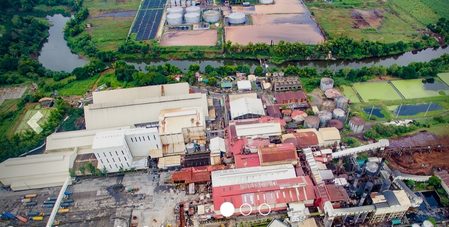
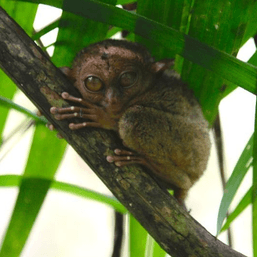


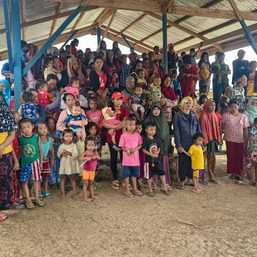
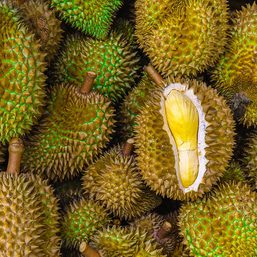










There are no comments yet. Add your comment to start the conversation.